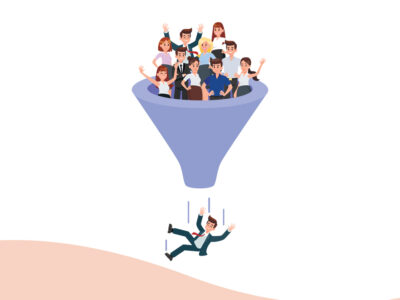Distractions abound in the fast-paced world of today, from buzzing phones to loud surroundings, making it difficult to focus. Your thoughts can easily stray while you’re working, studying, or just attempting to pay attention in a discussion. Thankfully, mindfulness practices provide efficient, rapid methods to improve brain clarity and focus. By soothing the mind and bringing your consciousness back to the present, these techniques, which have their roots in ancient traditions but are supported by contemporary science, help you regain focus right away.
The Power of Conscious Breathing
One of the easiest mindfulness methods is conscious breathing. When overwhelmed or distracted, take a few deep breaths. Notice your chest and belly rising and falling or your nose breathing. Focused breathing resets your brain, lowering stress hormones and activating the parasympathetic nervous system to relax. Deep, deliberate breathing for 30–60 seconds improves focus and reduces mental chatter.
Grounding Techniques to Anchor Attention
Another effective strategy for rapidly regaining focus is to use grounding techniques. By bringing you closer to your body and immediate environment, these techniques assist in bringing your attention away from outside distractions and toward the here and now. The “5-4-3-2-1” method, for instance, asks you to name five objects that you can see, four that you can touch, three that you can hear, two that you can smell, and one that you can taste. This sensory practice immediately improves your ability to concentrate by drawing your mind away from distractions or worry and firmly establishing it in the present.
Mini Meditation for Mental Clarity
A quick mindfulness meditation might improve your focus if you have a few minutes to spare. Choose a peaceful area, settle in, and set a timer for two to five minutes. Close your eyes and focus on your breathing or a simple mantra like “focus” or “calm.” When your thoughts stray, as they inevitably will, softly and impartially bring them back to your main focus. This exercise develops mental discipline that enhances focus throughout the day by teaching your brain to identify distractions and return to the job at hand.
Incorporating Mindfulness into Daily Life
These mindfulness activities are best because they can be easily integrated into daily life. There are no practice hours or equipment needed. Mindful breathing before a meeting, grounding yourself fast during breaks, or briefly meditating before work can enhance your concentration and productivity immediately. If you’re wondering how to increase your focus, these small exercises build a strong mind that can handle interruptions and attention, making mindfulness a useful tool for improving focus quickly.
Conclusion
Regularly using these easy mindfulness exercises can help you turn distracting circumstances into opportunities for clarity, enhancing your ability to focus and maintain mental health in both your personal and professional life.













Comments